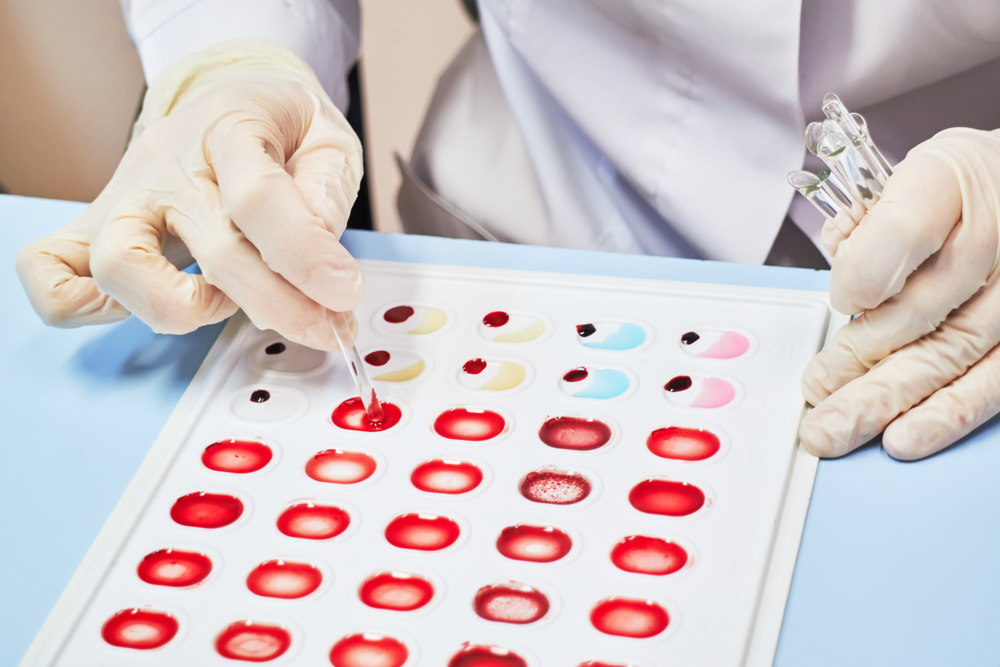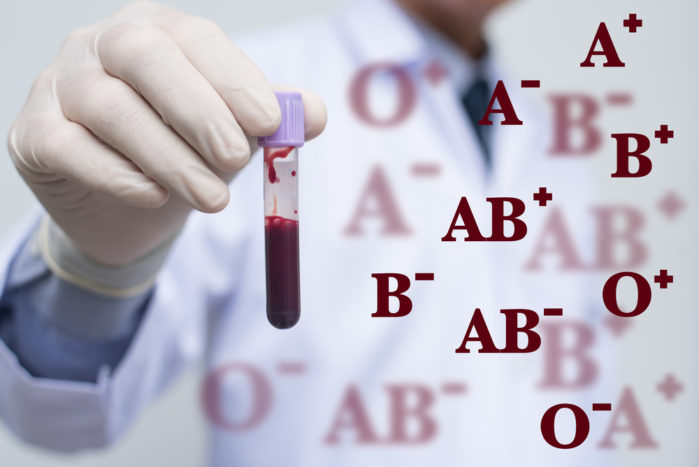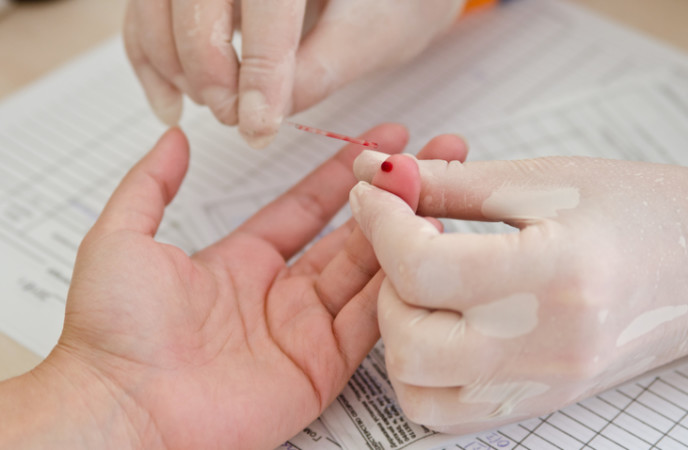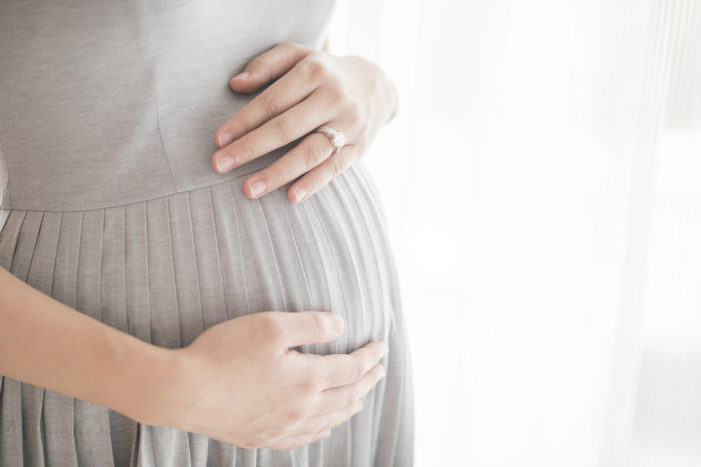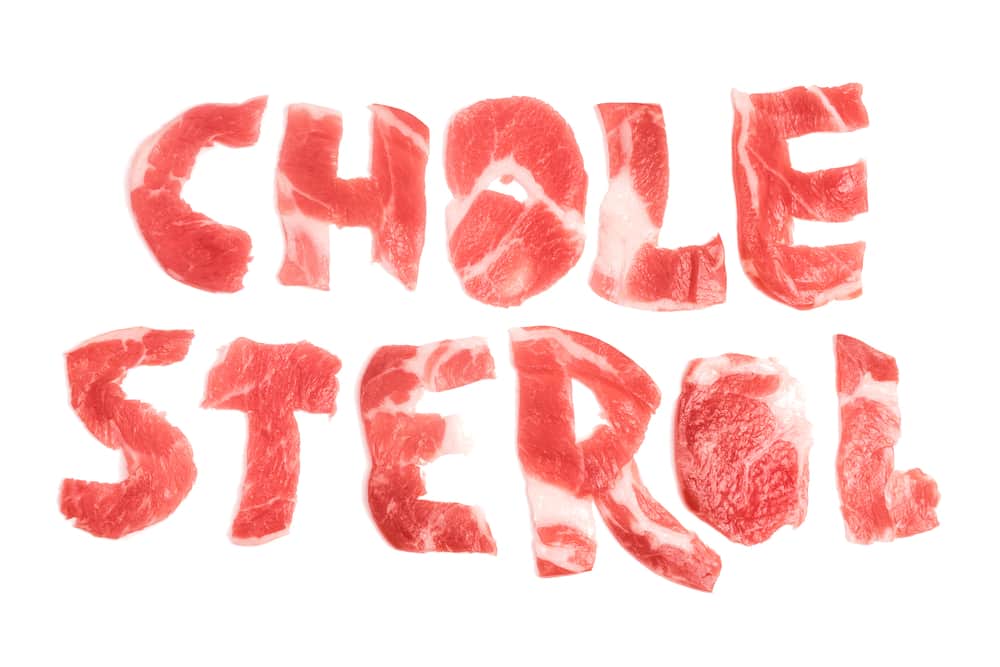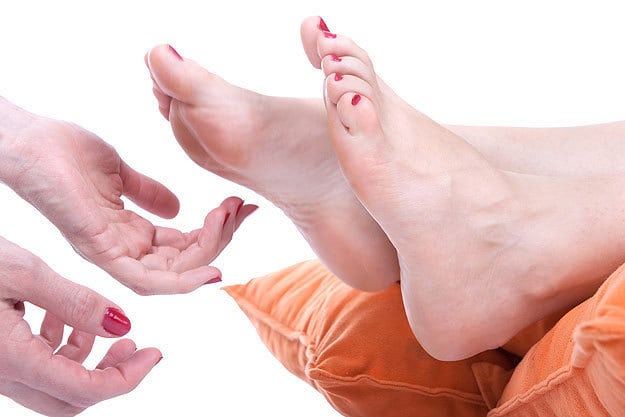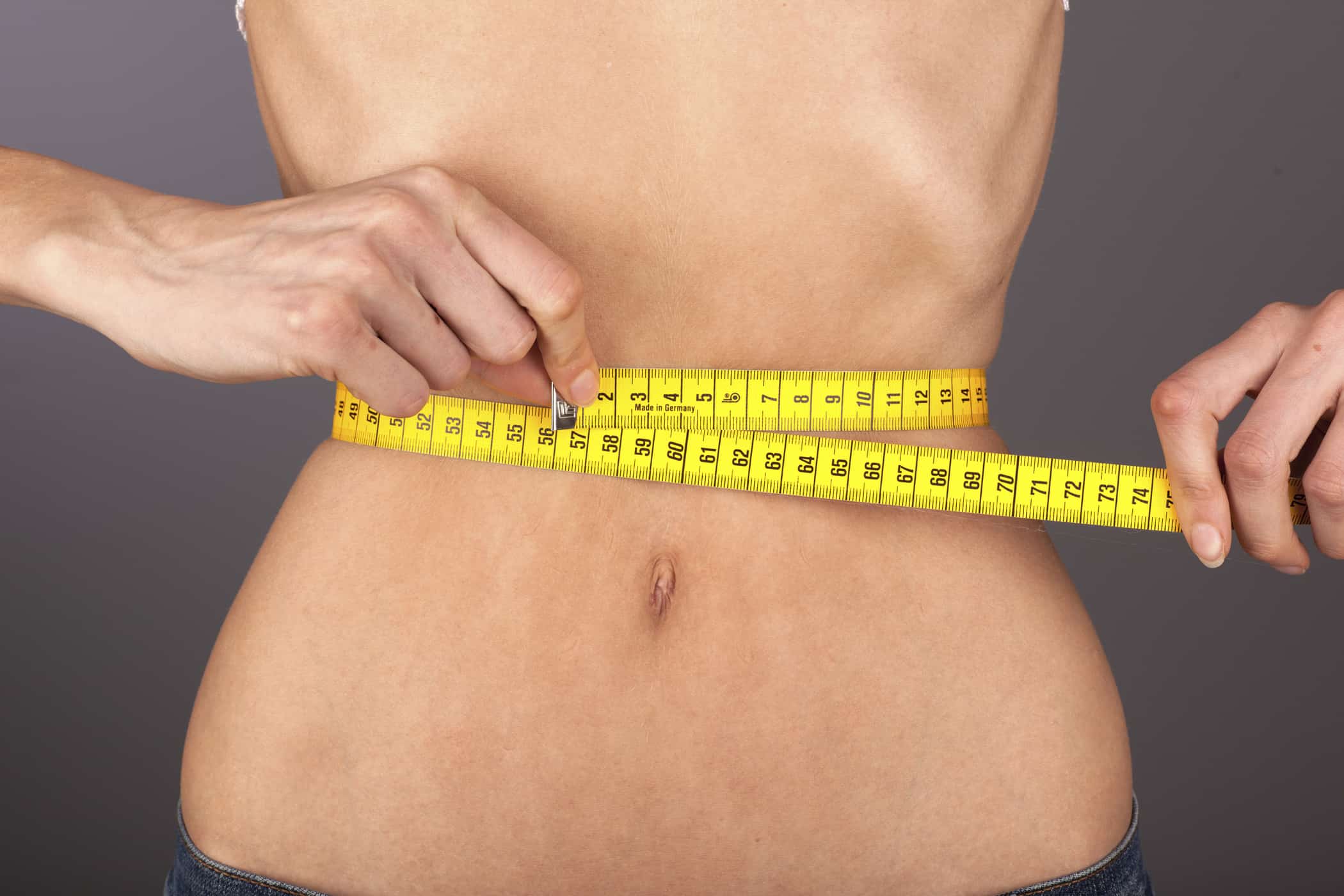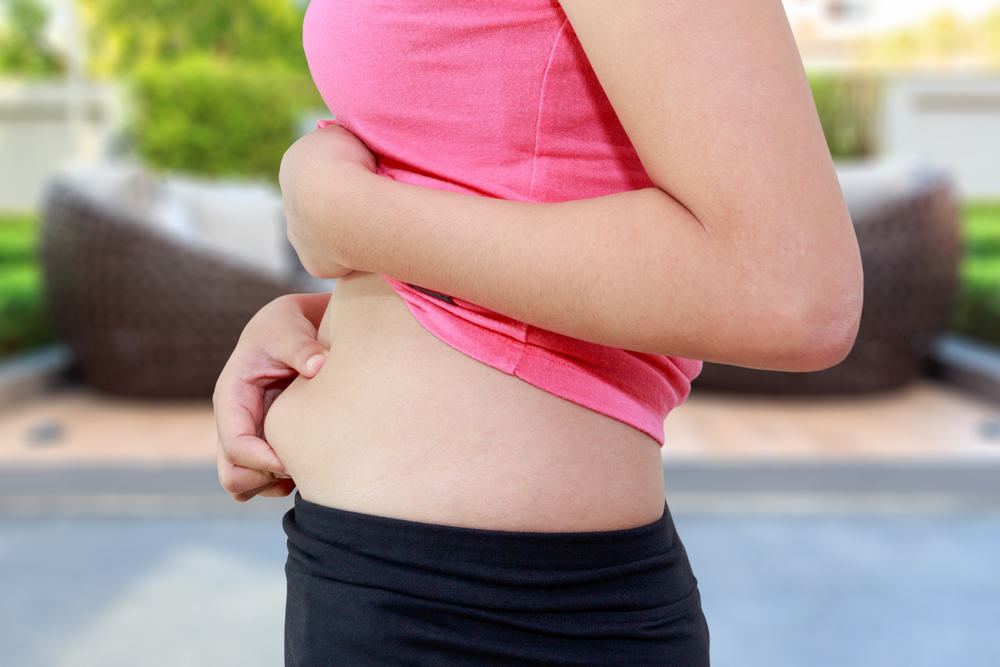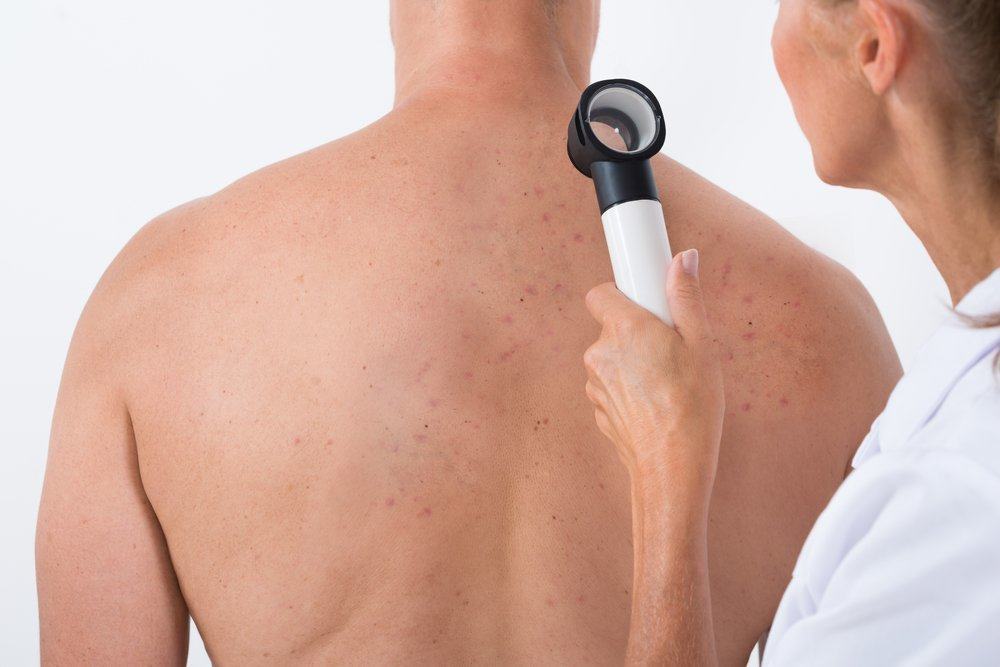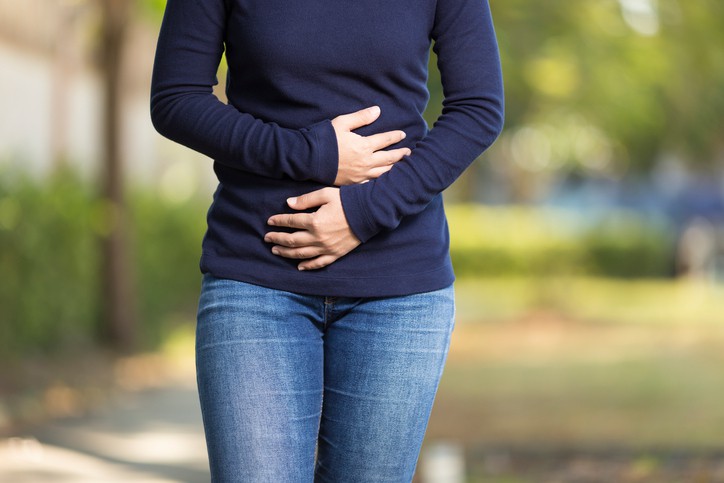Contents:
- Medical Video: Your Blood Type Reveals Much About Your Health
- What type of blood type is at risk for infertility?
- Why is that?
- Age is the most important determinant of fertility
Medical Video: Your Blood Type Reveals Much About Your Health
There are four blood groups that we have known so far, namely blood groups A, B, O, and AB. You may often associate blood type with personality or certain disease risks. In fact, the benefits of knowing blood type are not just that, you know. By knowing the type of blood type yourself, you can also find out whether you are prone to fertility problems or not.
What type of blood type is at risk for infertility?
You must know what type of blood type you have, especially if you want to do a transfusion or blood donor. Not only that, knowing your own blood type can also help detect whether you can get pregnant quickly or not.
Researchers from Yale University and Albert Einstein College of Medicine involved about 560 women who were on average 35 years of age for fertility therapy. During the study, experts took blood samples of participants to measure FSH levels, one of the female reproductive hormones.
Fertility experts limit that women with FSH levels greater than 10 are considered to have less or no good ovarian reserves. Ovarian reserve is a term used to determine the number and quality of eggs in women.
As a result, women with blood type O and B have FSH levels twice as large as women with blood type A or AB. This means, women with blood type O and B are at twice the risk of having decreased ovarian reserves than other blood groups. The fewer ovary reserves, the more the number and quality of eggs produced will get worse.
Why is that?
The results of the study show that women with blood type A and Ab tend to be more fertile than women with blood type O and B. Although the cause is not known clearly, fertility experts suspect that this has something to do with differences in antigen in each blood type.
Antigen is a protein found on the surface of red blood cells. This antigen is a special marker that distinguishes between blood groups from one another.
People with type A blood carry A antigen, while blood type O does not have A. antigen. Likewise with type blood type AB that has A antigen, but blood type B does not. It is possible that this A antigen protects ovarian reserves from damage so that women's fertility is more optimal.
That is why, women with blood type A and AB tend to be more fertile because they have the A antigen earlier, than women with blood type O and B who do not have it. However, experts still need further research to prove the link between these things.
Age is the most important determinant of fertility
It should be noted that there are many factors that affect women's fertility. Starting from the factors of age, lifestyle, illness, weight, and so on. So, if you have blood type O or B, then this doesn't mean you really can't get pregnant or have children.
Although used in research, the measurement of FSH hormone is actually not the most accurate method for measuring female fertility. This method can indeed help assess the decline in ovarian reserves that are classified as extreme. However, this method cannot determine the normal or no ovarian reserve you have.
As a solution, fertility experts recommend that you check for anti-Mullerian hormone levels (AMH). AMH is a type of hormone that functions to ripen an egg. Well, AMH levels in the blood can be an indicator of a woman's ovarian function, whether working normally or not.
Rather than focus on blood type, age is actually the most important factor for determining a woman's fertility. The most ideal pregnancy for a woman is at the age of 20 to 30 years. This means that the age range is the peak of fertility for women.
Once you reach the age of 35 years, women tend to be more difficult to get pregnant because their ovarian reserves begin to decline. Even if you have blood type A or AB, but you are old enough, you are still at risk of experiencing fertility problems and more difficult to get pregnant.

